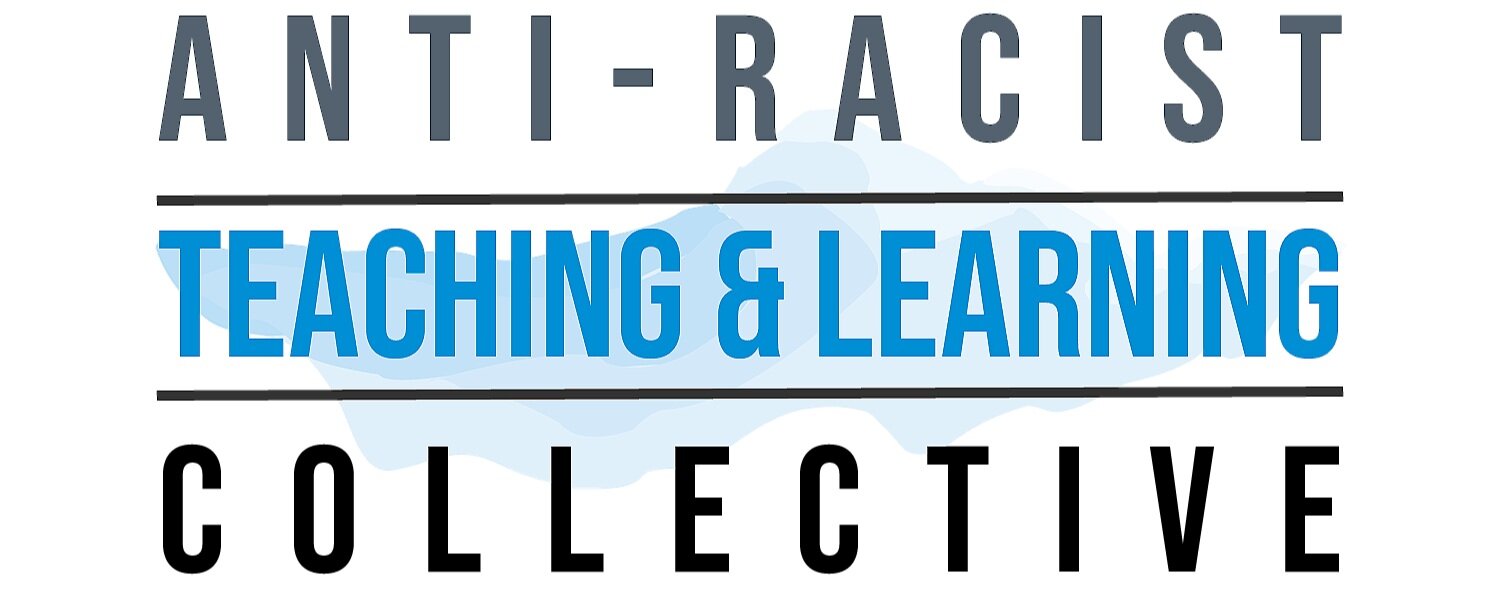Educators and Students Challenge the “Failure” Narrative in Public Schools: Takeaways from the Beyond “Schools in Crisis” Webinar
Every day, we hear about the great teacher resignation and shortage, student learning loss, and the many crises facing our schools. Missing from these debates have been the voices of the educators and students within our schools who share a far more nuanced understanding of what is taking place within them.
On January 10, the ARTLC, the New Haven Federation of Teachers, and Recovery for All CT brought together Connecticut educators and students to describe the problems schools face, and the long-standing conditions that the pandemic built upon and compounded. Watch a recording of the session below or here.
Co-moderator Natalie Braginsky emphasized the importance of not falling into a narrative of “failure,” noting that schools are only failing if people collectively buy into the current measurements of progress, which do not acknowledge many “powerful, beautiful things” that happen in the classroom. “I want to be really clear that the system is failing our students,” Braginsky added. “They’re not failing.”
Izzi Geller, a new teacher at Metro High School in New Haven and Leslie Blatteau, president of the New Haven Federation of Teachers, discussed the importance of centering students in school spaces and ensuring that educational environments are welcoming, rather than places that prioritize the narrative of students “falling behind,” which can alienate them from their school. Instead of the traditional narrative of learning loss, they say, schools need to transition into a community model, one that welcomes families and other networks whocan help support the work of school systems in facilitating engagement.
Hillhouse High School senior Elsa Holahan discussed one such community model implemented in her school — a restorative justice practice. Rather than immediately punishing students for allegedly committing an infraction, Holahan said, a restorative justice model allows students to be responsible for one another, another type of communal support that is essential.
“Students are whole people, and students are going through things that are intense and often unknown to us, or are known to us, but then also balancing that with rigor,” Geller added. “Students experience trauma, but still deserve a really high quality of education.”
A follow up discussion titled “Where Do We Go From Here?” will take place on Zoom on Wednesday, March 1 at 6:30pm and will feature a group of teachers, school leaders, and students from across the country. The session is co-sponsored by the ARTLC and Rethinking Schools. Find registration information here.
